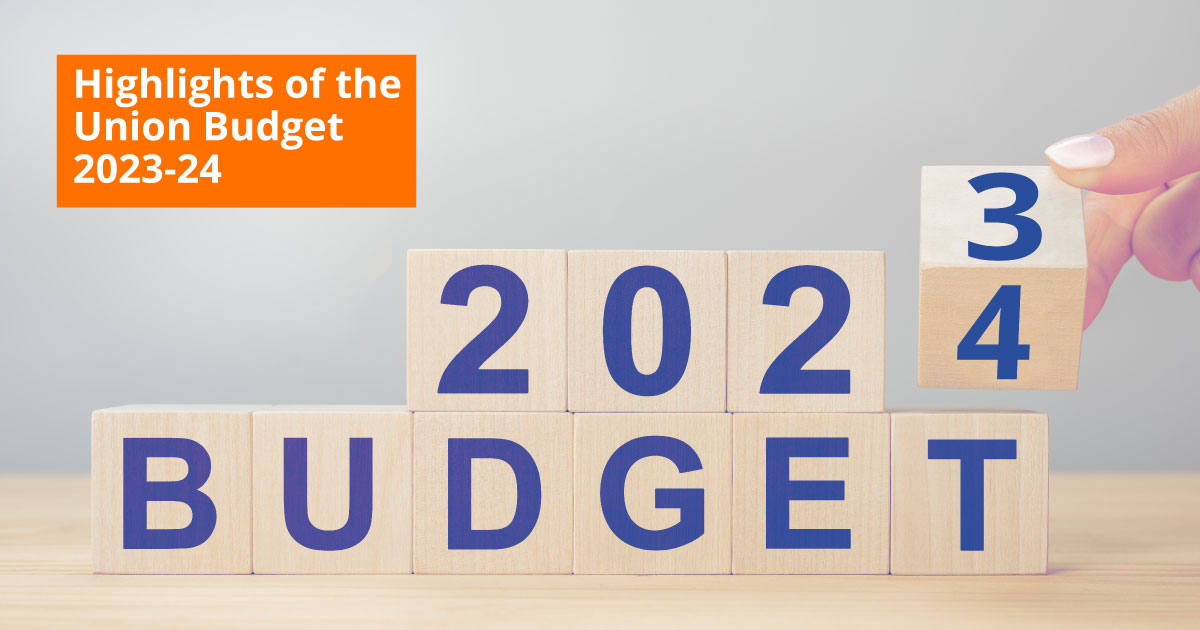19 Jan , 2024 By : Debdeep Gupta

Indian equity markets, after touching fresh record highs earlier in January, are seeing a correction two weeks ahead of the Interim Budget presentation on February 1. Even though no major announcements are expected since it is a vote on account budget, increased volatility has been observed as investors remain uncertain, said analysts.
Market participants are expecting the government to continue spending on infrastructure and attract private sector funds. Investors are positive about the government's adherence to its previous year's strategy, which emphasises long-term investments in infrastructure and a commitment to fostering sustainable economic growth.
Markets after budget
Following the presentation of the Interim Budget in the past two instances, the Sensex exhibited varied movements. After the 2019 vote on the account budget, it experienced a nearly one per cent decline in a month, whereas it surged over six per cent in the same period following the 2014 Interim Budget.
In the three months after both budgets, however, the Sensex registered handsome gains. The 30-share index rose nearly seven per cent in 2019 and over 19 per cent in 2014.
"We don't expect any major policy announcements by the government since it's a vote on account budget. Thus, market movement will not be significantly determined by the outcome of the budget," Nishit Master of Axis PMS said.
Echoing this, Shrey Jain, Founder and CEO of SAS Online, added that investors will be watchful if the vote on account offers a fresh line of freebies to woo voters.
"Both the Narendra Modi-led governments have been fiscally prudent so far. Broad markets should take cues from the earnings season and the monetary policy review announcement due on February 8," he said.
Expectations from the Interim Budget
Since the government aims to reduce the fiscal deficit to 4.5 per cent by FY26, experts anticipate the BJP government's prioritisation of infrastructure expenditure, aligning to lower the fiscal deficit from the FY24 target of 5.9 per cent of GDP.
Analysts suggest that the centre's confidence in potential re-election is likely to restrain them from adopting populist measures in the Interim Budget, allowing a continued focus on infrastructure investments.
However, if the government reprioritises on account of fiscal consolidation, and a slowdown is seen in government capex growth, possibly below 10 per cent, markets may see corrections, said Jefferies. This may lead to corrections in stocks exposed to the government's capex programmes.
However, the slowdown in government capex may be offset by a sustained housing upturn and private sector capex, the brokerage noted.
Indian benchmark indices have seen a rally of over eight per cent in the last six months. According to Nishit Master, Portfolio Manager, Axis Securities PMS, this runaway market rally does not seem sustainable, "at least in terms of velocity of the move". "We believe that markets might turn volatile in the near term, especially due to the ongoing results season," he said.
Key triggers for markets
Instead of any major policy announcement in the Interim Budget, markets will take cues from macroeconomic data including fiscal deficit, GDP growth and CPI inflation. Additionally, the Q3 earnings season may determine the market trajectory going forward.
"Trends in the global markets, domestic and global macroeconomic data, crude oil prices and the movement of the rupee will also weigh on sentiment," said Arvinder Singh Nanda of Master Capital Services.
Apart from this, global geopolitical conflicts (Russia-Ukraine, Red Sea turmoil, China-Taiwan, Iran-Pakistan, Israel-Hamas) are likely to be the key triggers for equities. The situation around the Bab-el-Mandeb Strait, a crucial shipping route connecting the Red Sea and the Mediterranean Sea to the Indian Ocean, has escalated due to attacks by Yemen-based Houthi militants.
The Israel-Gaza war passed without hurting the market, but if skirmishes in the Red Sea region widen, the market may have a reason to worry, according to V K Vijayakumar of Geojit Financial Services. "As a measure of abundant caution, investors may consider booking some profits and moving the money to fixed income, where the returns are attractive," he said.
The US Fed's interest rate decision, US bond yields, and dollar strength will also impact the domestic markets. If inflation is resurgent it may lead to delay in interest rate cuts or lower the quantum of rate. This may trigger a sell-off as markets have already priced in at least three cuts by the US Fed in 2024, according to analysts.
With rising bond yields in the US, FPIs may sell again. But this is likely to be countered by DII buying in fairly valued large caps with growth potential. Investors must wait and watch for this turbulence to subside," said V K Vijayakumar, Chief Investment Strategist, at Geojit Financial Services.
Till the full Union Budget is announced later this year in July, market valuations, general election results in May, and FII flows will also guide the market trend.
Valuation concerns
According to BNP Paribas, India looks solid on most parameters including strong domestic and FPI flows, earnings growth and macro-outlook. In terms of underlying fundamentals, the country has seen double-digit earnings growth with minimal consensus downgrades. However, valuations are now elevated across metrics.
While most factors remain favourable for Indian equities in 2024 according to the brokerage firm, valuation comfort has reduced which may play spoilsport in the market rally seen over the past few months, it noted.
0 Comment